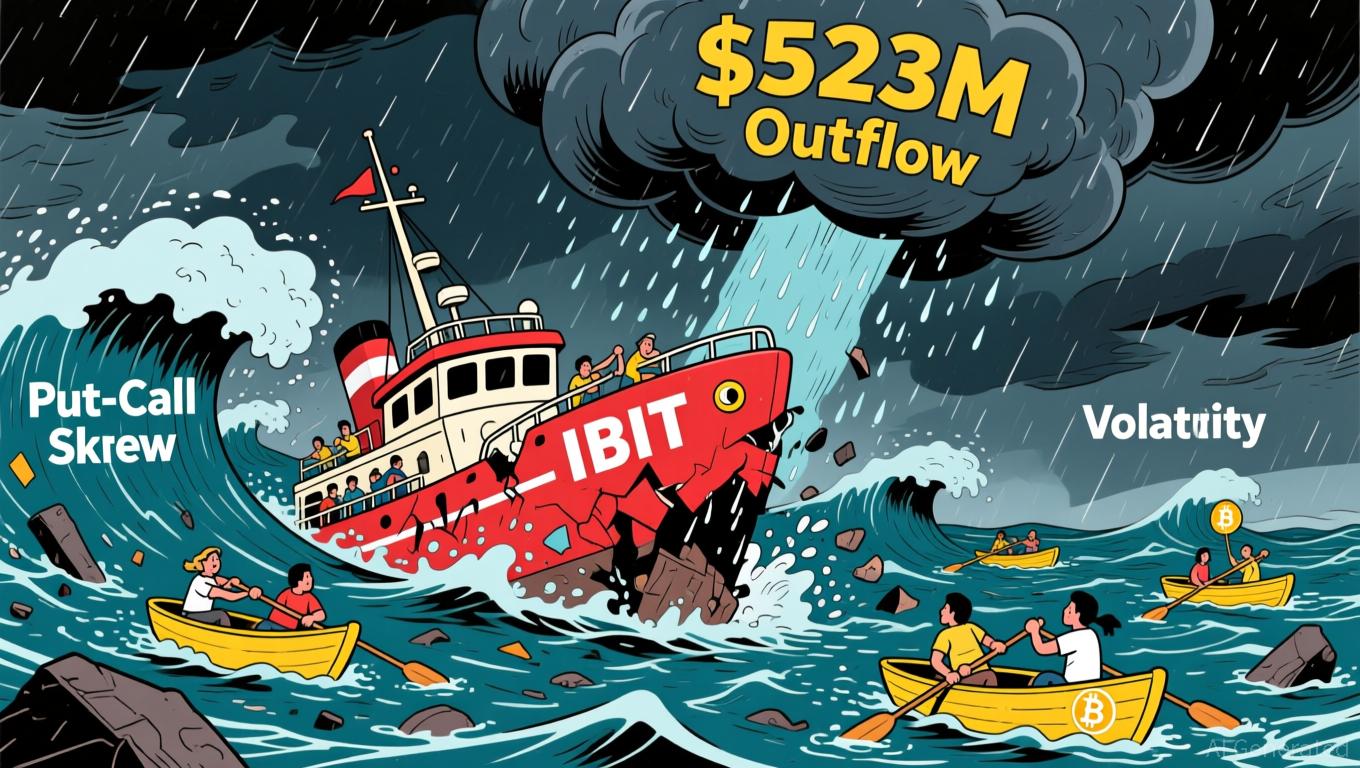$40K Gas Fee Turns Into $1M Gain: Jesse Token Sniping Highlights Barriers to Entry in Crypto
- An address paid $40K in gas fees to secure 7.6% of Jesse token, netting $1M profit after selling its stake. - The "scientist" actor exploited advanced tools to front-run Jesse's token sale, highlighting DeFi's competitive "sniping" dynamics. - High gas fees and technical barriers concentrate token sale opportunities among well-resourced participants, raising accessibility concerns. - Jesse token's launch, led by Base co-founder, reflects broader crypto trends where strategic timing and resources drive sp
A particular wallet spent close to $40,000 on
The Jesse token, introduced by Base co-founder Jesse, attracted a "scientist"—a term for individuals or groups using sophisticated methods to front-run trades. By spending 67 ETH (about $40,000 in gas), the wallet secured a notable chunk of the token supply. At the time, this investment equated to a market value of $2.4 million.

This episode highlights the increasing prevalence of "sniping" in decentralized finance (DeFi), where traders compete to grab tokens during highly anticipated launches. These tactics often demand significant upfront spending, including high gas fees to ensure transaction priority on blockchain networks. In this scenario, the successful snipe not only yielded a substantial profit but also illustrated both the risks and rewards that come with speculative crypto trading.
While the Jesse token's story is relatively niche, it mirrors broader industry trends. For example, another report described a crypto trader who lost $168 million after incorrectly predicting the market bottom, underscoring the sector's notorious volatility. In contrast, the Jesse token launch resulted in a more positive outcome, though it required considerable initial capital.
This transaction also brings up concerns about who can participate in token economies. High gas costs and the technical know-how needed for such trades can exclude smaller investors, giving an edge to those with more resources. This pattern isn't exclusive to Jesse; similar dynamics have been seen in other token launches, where early access is dominated by those with both financial and technological advantages.
Jesse, the creator of the Jesse token, is a well-known name in the crypto world, having co-founded Base, a Layer 2 blockchain built on
As the cryptocurrency landscape continues to develop, high-profile trades like this provide valuable lessons for both individual and institutional investors. They emphasize the need for precise timing, technical skill, and careful risk assessment in a market where fortunes can change in an instant. For now, the Jesse token launch stands as a clear example of both the opportunities and hazards present in the fast-moving world of crypto.
Disclaimer: The content of this article solely reflects the author's opinion and does not represent the platform in any capacity. This article is not intended to serve as a reference for making investment decisions.
You may also like
Stellar News Today: Established Market Prefers Altcoins with Practical Use Cases Rather Than Pure Speculation
- MoonBull (MOONBULL) raised $600,000 in funding, highlighting growing institutional interest in utility-driven altcoins with DeFi infrastructure and staking rewards. - Crypto.com's CRO token maintains stability through expanded merchant partnerships and AI-driven tools, positioning it as a "safe haven" amid market volatility. - Stellar's XLM sees renewed adoption via cross-border payment partnerships, with 20% higher transaction volumes reflecting demand for low-cost solutions in emerging markets. - Marke

Hong Kong Steps Up Global Stablecoin Oversight, Focuses on Competition with Tokyo
- Hong Kong regulators impose strict rules on stablecoin issuers, requiring fiat-collateralized tokens and a 25M HKD capital requirement. - Aligning with global trends, the rules aim to curb risks from algorithmic stablecoins but raise concerns about Hong Kong's competitiveness against rivals like Japan. - Japan's pro-crypto policies and incentives attract firms, while global players like Deutsche Börse integrate fiat-backed stablecoins into financial systems. - Hong Kong's framework mandates reserves and

Bitcoin News Update: Japan's Bond Turmoil Triggers Worldwide Crypto Sell-Off Amid Yen Carry Trade Reversal
- Japan's $135.4B stimulus package triggered a 3.41% surge in 30-year bond yields, destabilizing the $20T yen carry trade and sparking global crypto/stock selloffs. - Rising yields threaten Japan's 230% GDP debt load with higher servicing costs, creating a "debt death spiral" risk as BOJ hesitates to tighten policy. - Forced deleveraging by financial institutions intensified Bitcoin's 26% drop, with Ethereum/XRP/Solana also falling 3-5.6% amid margin calls and capital repatriation. - Upcoming 40-year bond

Bitcoin News Today: Bitcoin ETFs See $523M Outflow as Investors Weigh Fear Against Long-Term Strategies
- BlackRock's IBIT ETF recorded a $1.26B net outflow in Nov 2025, its largest redemption since 2024 launch. - Bitcoin price fell 16% to $52, triggering $2.59B outflows across 11 spot ETFs as bearish options demand surged. - Put-call skew hit 3.1% (7-month high), reflecting heightened pessimism and capitulation pressures in Bitcoin's price action. - Gold ETFs gained $289M as investors sought safe havens, contrasting with $1B inflows to tech/healthcare sector funds. - Year-to-date Bitcoin ETF inflows ($27.4B
